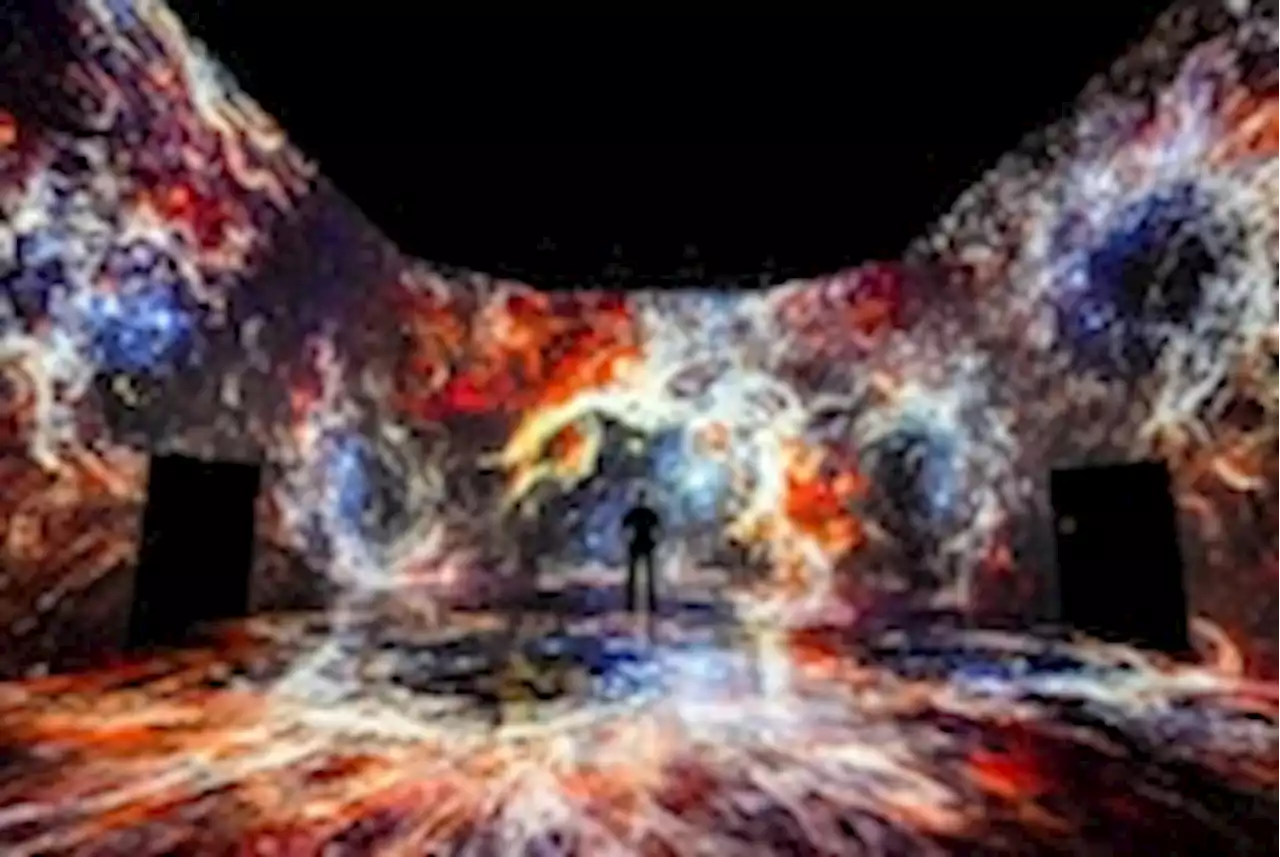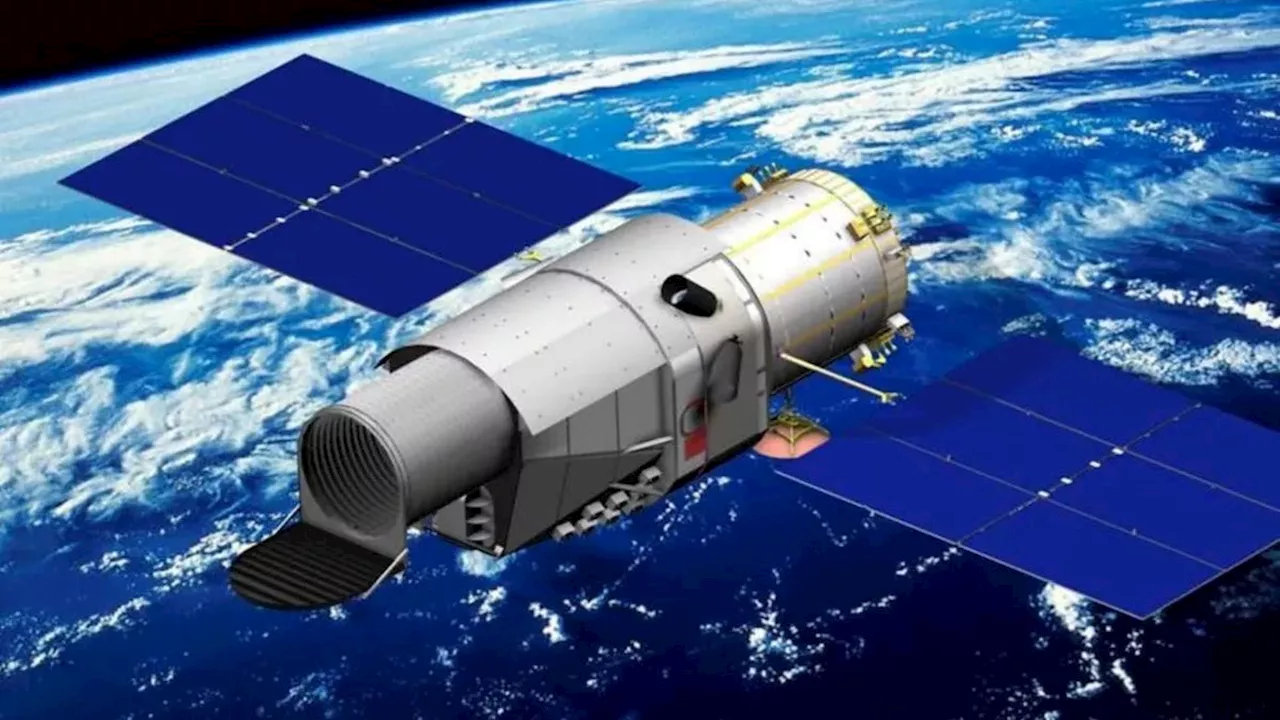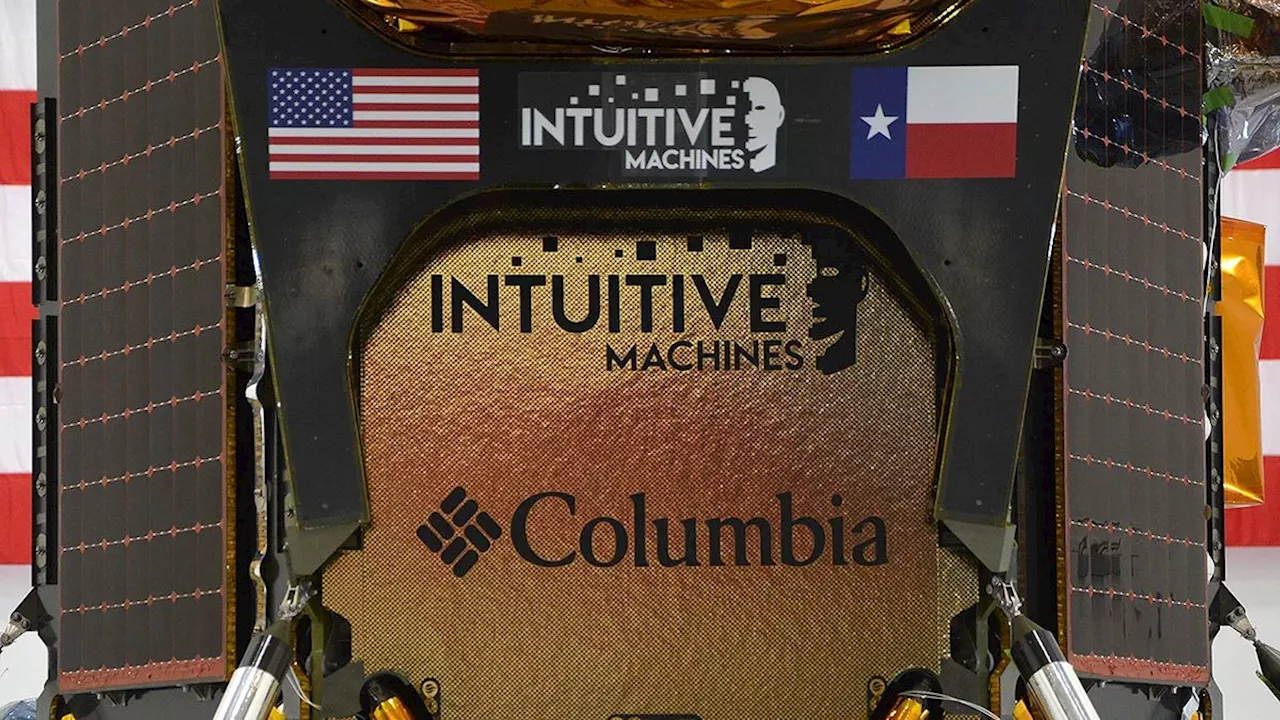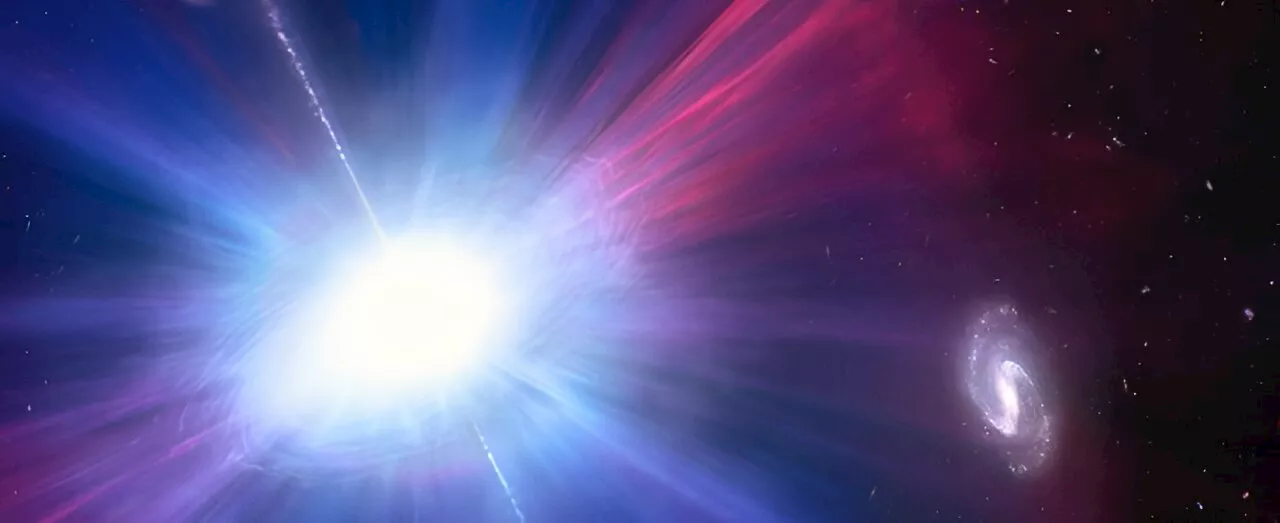A very rare, strange burst of extraordinarily bright light in the universe just got even stranger—thanks to the eagle-eye of the NASA/ESA Hubble Space Telescope. The phenomenon, called a Luminous Fast Blue Optical Transient (LFBOT), flashed onto the scene where it wasn't expected to be found, far away from any host galaxy. Only Hubble could pinpoint its location. The Hubble results suggest astronomers know even less about these objects than previously thought by ruling out some possible theories.
retrieved 5 October 2023 from https://phys.org/news/2023-10-hubble-bizarre-explosion-unexpected.html
This document is subject to copyright. Apart from any fair dealing for the purpose of private study or research, no part may be reproduced without the written permission. The content is provided for information purposes only.1 hour agoUse this form if you have come across a typo, inaccuracy or would like to send an edit request for the content on this page. For general inquiries, please use ourThank you for taking time to provide your feedback to the editors.
Your feedback is important to us. However, we do not guarantee individual replies due to the high volume of messages.to let the recipient know who sent the email. Neither your address nor the recipient's address will be used for any other purpose. The information you enter will appear in your e-mail message and is not retained by Phys.org in any form.Get weekly and/or daily updates delivered to your inbox.
This site uses cookies to assist with navigation, analyse your use of our services, collect data for ads personalisation and provide content from third parties. By using our site, you acknowledge that you have read and understand our
Australia Latest News, Australia Headlines
Similar News:You can also read news stories similar to this one that we have collected from other news sources.
 Artechouse exhibit takes on a new wonderland: The cosmosImages from the Hubble and James Webb space telescopes are the backbone of the immersive exhibit.
Artechouse exhibit takes on a new wonderland: The cosmosImages from the Hubble and James Webb space telescopes are the backbone of the immersive exhibit.
Read more »
Space startup aims to raise Hubble's orbit using water — here's howIn an interview with IE, Momentus Space CTO Rob Schwartz said a 'very small and inexpensive spacecraft' could raise Hubble's orbit and extend its operational lifetime.
Read more »
 Chinese astronomers say their new space telescope will outdo Hubble'The Xuntian telescope has been the most important scientific project since the launch of our country's space station program.'
Chinese astronomers say their new space telescope will outdo Hubble'The Xuntian telescope has been the most important scientific project since the launch of our country's space station program.'
Read more »
 Up close with Intuitive Machine's Nova-C lunar lander before it leaves for the moonRobert Pearlman is a space historian, journalist and the founder and editor of collectSPACE.com, an online publication and community devoted to space history with a particular focus on how and where space exploration intersects with pop culture. Pearlman is also a contributing writer for Space.com and co-author of 'Space Stations: The Art, Science, and Reality of Working in Space” published by Smithsonian Books in 2018. He previously developed online content for the National Space Society and Apollo 11 moonwalker Buzz Aldrin, helped establish the space tourism company Space Adventures and currently serves on the History Committee of the American Astronautical Society, the advisory committee for The Mars Generation and leadership board of For All Moonkind. In 2009, he was inducted into the U.S. Space Camp Hall of Fame in Huntsville, Alabama. In 2021, he was honored by the American Astronautical Society with the Ordway Award for Sustained Excellence in Spaceflight History.
Up close with Intuitive Machine's Nova-C lunar lander before it leaves for the moonRobert Pearlman is a space historian, journalist and the founder and editor of collectSPACE.com, an online publication and community devoted to space history with a particular focus on how and where space exploration intersects with pop culture. Pearlman is also a contributing writer for Space.com and co-author of 'Space Stations: The Art, Science, and Reality of Working in Space” published by Smithsonian Books in 2018. He previously developed online content for the National Space Society and Apollo 11 moonwalker Buzz Aldrin, helped establish the space tourism company Space Adventures and currently serves on the History Committee of the American Astronautical Society, the advisory committee for The Mars Generation and leadership board of For All Moonkind. In 2009, he was inducted into the U.S. Space Camp Hall of Fame in Huntsville, Alabama. In 2021, he was honored by the American Astronautical Society with the Ordway Award for Sustained Excellence in Spaceflight History.
Read more »
